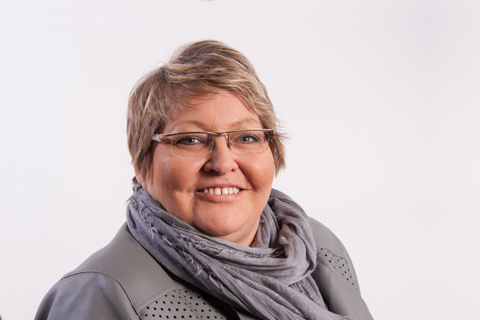The leadership of the Federation of Sovereign Indigenous Nations (FSIN) strongly rebuked suggestions they weren’t ready to assume child welfare responsibilities for First Nations children during a fiery press conference Thursday.
Vice Chiefs David Pratt, who is responsible for the child welfare portfolio, and Heather Bear, who previously oversaw the file, called the press conference to respond to comments questioning how prepared the FSIN is to handle a large portfolio such as child welfare.
CTV News quoted Corey O’Soup, the provincial advocate for children and youth following the provincial government’s apology for the Sixties Scoop. The FSIN had called for a moratorium on adoptions of First Nations children. The organization has previously called for First Nations to take over jurisdiction of child welfare for First Nations children.
According to CTV, O’Soup questioned whether the FSIN was ready to take on that role.
“Have we spoken to our communities, our Indigenous communities, our Metis communities, are they ready to take on that whole responsibility,” CTV quoted him as saying.
Thursday, Pratt said the suggestion that the FSIN isn’t ready was something he “took personal offence to.”
He pointed to a task force formed by FSIN chief Bobby Cameron that has been looking at the issue of child welfare.
He said the federal government is getting ready to introduce legislation that would allow First nations groups to take over child welfare and adoptions of their own children, and that his organization was ready to take part.
“We have a good idea of what is going to be a part of that legislation,” Pratt said. “That legislation is going to aim to address all of the issues we’re dealing with in the child welfare system here in Saskatchewan. It’s a long time coming. It’s overdue.”
Pratt said the current provincial child welfare system if “failing” First Nations children. Quoting Albert Einstein, he said the system is the definition of insanity P— doing the same thing over and over again and expecting different results.
“The premier apologized on Monday, but still, they’re taking our children away,” he said.
“I want to assure the public, I want to assure the province and Canada that we are not only ready, we are prepared to take over that job and that task at hand. Not only are we going to take it over, we’re going to succeed. We’re going to be able to do what the Province of Saskatchewan has failed to do, and that’s to protect our children, and ensure our children have a safe community and environment to live in, all while building a healthy identity of who they are and where they come from.
“It’s time to bring our children home.”
As evidence, Pratt pointed to the 17 First nation agencies that already operate child welfare in the province. He accused the province of taking children away, even when other family members who he said would be fit caregivers were willing to take those children in.
Bear said First Nations communities have the capacity to take care of their own children and place those who need to be adopted out with other members of the community. She argued that First Nations communities successfully took care of their own children prior to colonization.
“Provincial policies, federal policies have failed our children, our families and our communities. They’re failed miserably. When there are adoptions, we need to engage our communities and agencies and be more involved there,” she said.
“We take our children seriously. It’s our birthright. Our children need to touch our land, hear our language. They need to be a part of their communities. We love our children. To bring them home and let our communities and people decide the best possible way for our children, I think we’ll have happier communities and happier children. I think that’s what everyone wants, First Nation and non-First nation.”


